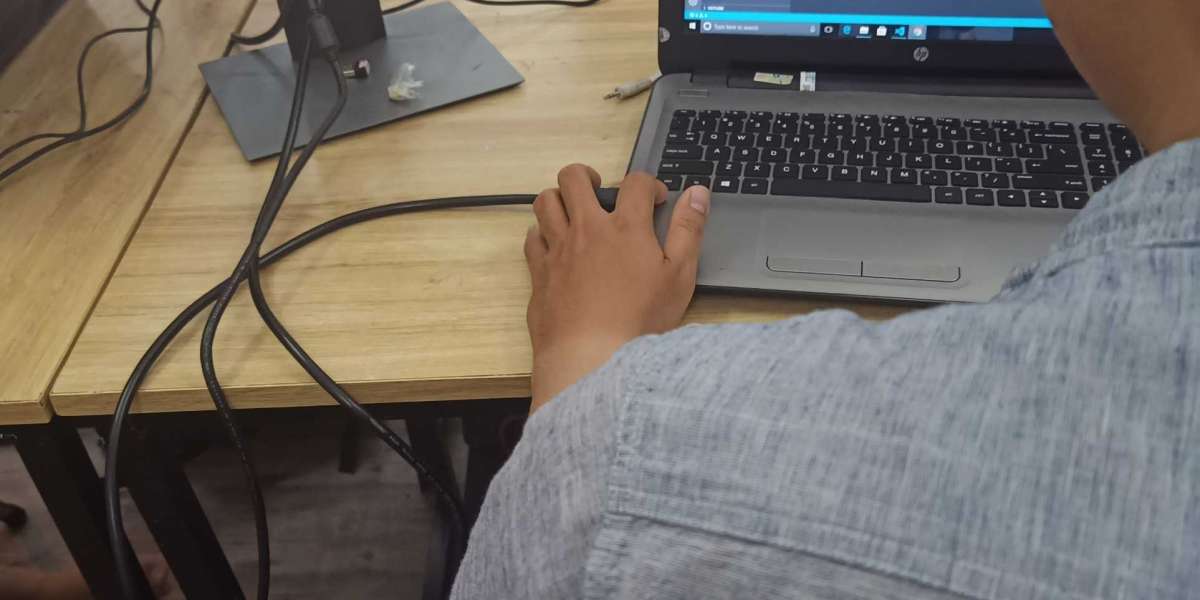With more students learning from home, many parents are turning to mathematics online tutoring to help their children stay on track. This method of learning is becoming more common as it gives students the chance to study with skilled tutors from anywhere. Mathematics online tutoring also helps children feel more comfortable learning at their own pace.
In this blog, parents will learn helpful tips to make the most of their child's online math sessions. It covers what to expect, how to support learning at home, and how to make tutoring sessions more effective.
Make the Learning Environment Comfortable
Creating a good space for learning is the first step to success with online tutoring. Children need a calm, quiet place where they can focus without being distracted. This space should have a good internet connection, a desk or table, and all the materials they need like pencils, paper, and a calculator.
Remove Distractions
Try to keep the area free from TV noise, toys, or loud conversations. Even pets walking around can be distracting. When the area is quiet and organized, it helps children focus better during their sessions.
Check Technology Regularly
Before each session, make sure the computer or tablet is working well. Check that the camera and microphone are turned on. If there are any problems, it’s better to fix them before the lesson starts so valuable learning time isn’t lost.
Work With the Tutor as a Team
Parents play a big part in supporting their child's learning. Even though the tutor leads the session, parents can help by staying in touch and giving feedback. Working together makes it easier to find the best way to help the child.
Set Clear Goals
It is helpful to talk with the tutor about what the child needs to improve. Whether it's fractions, times tables, or solving equations, setting small goals can guide the sessions and make progress easier to track.
Follow Up After Sessions
After a lesson, ask your child what they learned. This shows interest and encourages them to take tutoring seriously. You can also check in with the tutor now and then to understand how things are going and what can be improved.
Encourage Practice Outside of Tutoring
One lesson a week is helpful, but it’s the practice between lessons that really helps children improve. Tutors can only guide them—real learning comes from regular review and use of what they’ve learned.
Make Math a Daily Habit
Encourage your child to spend a few minutes each day practicing math. It doesn’t have to be hard—simple flashcards, games, or short quizzes can help keep skills fresh.
Use Real-Life Examples
Show your child how math is used in real life. Ask them to help with cooking, measuring ingredients, or shopping and adding prices. This helps them see that math is not just something they learn in school, but something they will use every day.
FAQs
What age is best to start mathematics online tutoring?
Children can start as early as primary school, especially if they need help understanding basic math. It is never too early to build a strong foundation.
How often should my child attend tutoring sessions?
Most children do well with one or two sessions per week. However, this may vary depending on their level and goals.
Can online math tutors help with school homework?
Yes, many tutors can help children understand their school homework better. This helps them feel more confident and prepared.
What should I look for in a good online math tutor?
A good tutor should be patient, experienced, and able to explain things in simple ways. They should also use methods that match the child’s learning style.
Conclusion
Mathematics online tutoring can be a powerful way to help children feel more confident in math. By setting up a good learning space, working closely with the tutor, and encouraging regular practice, parents can support their child’s growth. This approach helps students build skills that last a lifetime. With the right support, every child can enjoy learning math and do well in it.














